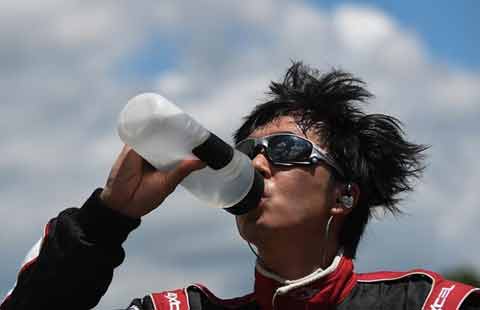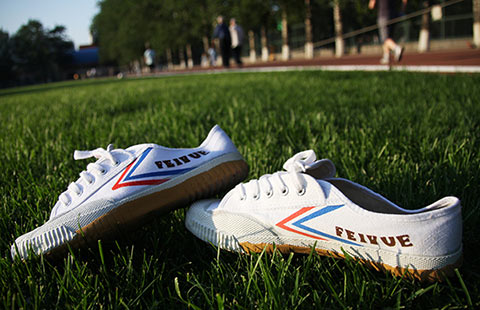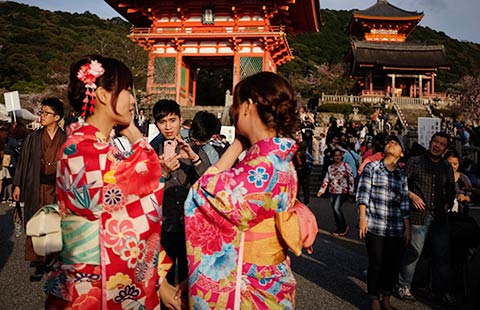Easing aging pressures
(China Daily) Updated: 2012-10-22 07:49
It cannot be overemphasized how much pressure China's aging society will put on almost every aspect of society.
It is imperative that the nation as a whole is prepared for the graying of the population, which explains why October has been designated a month for raising awareness of the need to care for the elderly.
This is perhaps even more important than the number of new nursing homes and other facilities for the elderly the government has pledged to build.
By the end of 2010, the total population aged 60 or over was 185 million. The figure is expected to be more than 200 million next year, and to increase to 221 million by 2015, when it will account for 16 percent of the country's total population.
Among the various activities governments and social organizations have organized over the years to improve the lives of the elderly is the 1 yuan (16 US cents) haircut that 100 hairdressers in Beijing offer to residents above the age of 60.
Such activities are especially welcome, not because elderly residents can enjoy a cheap haircut, but because the young people working in these hairdressers can develop the awareness that they should treat elderly residents the way they would want their own parents to be treated. The fact that the 1 yuan fee goes to charity may also encourage them to donate to good causes.
The Beijing Association of Beauty Salons and Barbershops applied for funds from the government to launch this activity at the end of 2010. Although the 100 signatories originally agreed to provide such a service at least two afternoons a week, the association said most of them now serve elderly residents at least five afternoons a week and more than 14,000 senior citizens have taken advantage of the service since it was introduced.
After soliciting feedback from elderly clients, the association listed the names of the 100 barbershops online and issued them signs. It now plans to sign agreements with another 100 hairdressers.
Similar activities are needed in other spheres of life to ensure that people give attention and care to the elderly, so that the nation is prepared to meet the challenge of an aging society.
- China's 4G users total 530 million
- China's ministry of finance to issue 28 bn yuan treasury bonds in HK
- Tianjin ready for Summer Davos
- China remains one of most attractive investment destinations: UNCTAD
- Chinese investors see opportunities at US summit
- Chinese official calls for pragmatic cooperation in Belt and Road Initiative
- Asia medical tours pack in peace, fun for families seeking treatments
- Pros and cons of tapping specialists abroad


















